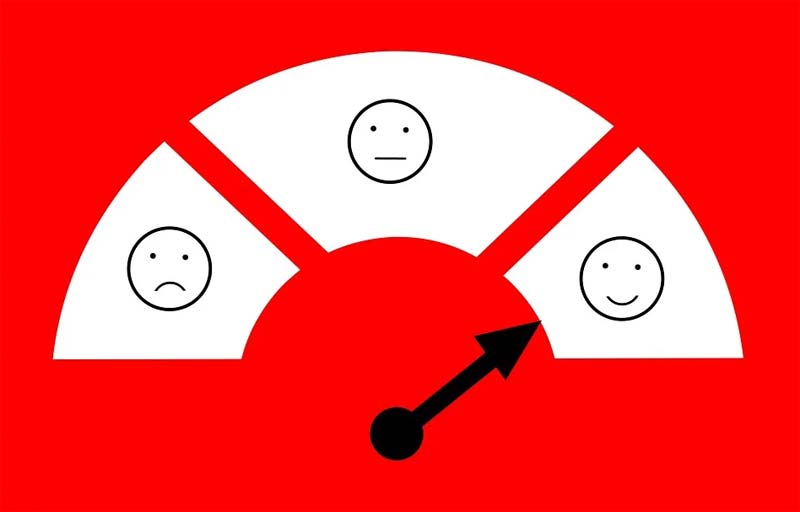
A: These days, many parents are concerned about kindness. We receive many messages about how to raise our children: They should be resilient yet vulnerable, eager yet humble, kind yet cautious. Layer onto these traits how each of us was raised, and it's no wonder that we feel as though we are parenting in a minefield, every interaction loaded with meaning and import, treading carefully and wanting to set up our children just right.
What first sparked my attention about this note was your understanding of what kindness looks like in a 5-year-old. You mention that your daughter is "reasonably kind" and "she'll give a sad friend a hug," but that she pushed away a friend who was trying to hug her. So, I am wondering: What is up with all this hugging talk?
Nowhere in the common definition of kindness is the need to demonstrate it through hugging. In Middle English, it meant "good deeds" or "courtesy," and through time it has come to mean friendly, considerate and generous. Affection may be a part of kindness, but it is not a requirement, so my question to you: Is hugging the predominant way that you give and receive kindness? Is hugging what "kind little girls do"?
I do not want to draw too many inferences from one note, but there is a cultural expectation around little girls and affection. Many of us were raised to hug, be hugged and be generally touched without our consent; it is worth asking how you define kindness and whether you are too narrow with this definition.
The other important point worth mentioning is the developmental age of your child. Five-year-olds are intense. Toddlers and preschoolers are known for their egocentric and "selfish" ways of thinking and behaving; it is a hallmark of the age. This is not a mistake, biologically speaking. Although children of all ages can show empathy, their main worldview is "me, me, me." As they mature into 5-, 6- and 7-year-olds, you begin to see thinking that reflects "me and you, we and us." This turn in thinking and perspective doesn't happen overnight, and it's not steady or predictable in every child.
Because of both nature and nurture, some children are slower to become empathic than others. And yes, some children will not develop much empathy at all, especially if they are in a physically or emotionally unsafe home. It's a bumpy road for children to develop true empathy for another human, and more so, 5-year-olds will display great compassion and then revert into little egomaniacs. Totally normal.
How do you encourage kindness in your 5-year-old? First, stop asking her to give and receive hugs. If she is a natural hugger, that will emerge, but take it off the table as proof of kindness for now. Second, remember that caring for others is an emerging process; this means true empathy comes in fits. Some days, your daughter will show tremendous compassion, but days when she is sick, tired or overwhelmed? Poof! Her kindness disappears. (We adults can be the same, no?)
Try not to read too deeply into what you see. I know you care about the child whose hug was rebuffed, but it isn't your 5-year-old's job to (a) know about other kid's problems and (b) be a comforter to them. It simply isn't developmentally appropriate.
Finally, to promote more empathy, read books or watch shows together and use (as Gordon Neufeld calls it) "one hand and the other" thinking. This means you choose a story with a twist, such as, a friend has a hard morning and then is mean to her sister. As the parent, you say, "Well, on one hand, this little girl had a hard morning, and I bet that was hard for her!" And then, "On the other hand, her little sister didn't know that. How do you think she felt?" What this conversation promotes is thoughtfulness as well as the knowledge that situations are rarely black and white. As parents, we want to help turn the wheels of not just one perspective (your daughter's), but multiple perspectives.
You can also do this with stories from your own life or from when you were younger. In any case, don't expect your 5-year-old to have some kind of revelation; empathy and maturity take a while. As long as you give it time and keep at it, your daughter will demonstrate her version of empathy. Good luck.
Sign up for the daily JWR update. It's free. Just click here.
(COMMENT, BELOW)
Leahy is the mother of three daughters. She holds a bachelor's degree in English and secondary education, a master's degree in school counseling and is a certified parent coach.
Previously:
• Why it's OK that your seventh-grader lacks close friendships
• 'I love my child but I don't love parenting.' Will this change?
• Parents needn't explain all of their decisions to young children
• When patience isn't practical
• My 6-year-old isn't grieving his grandpa. Should I be worried?
• Why is a 4-year-old defiant at every turn?
• How NOT to teach kids to overcome disappointment
• The age of infinite information has made parents feel infinitely insecure
• Connecting with the uncooperative child
• DNA to blame for daughter's sassy demeanor?
• We try to teach her gratitude. All we get is attitude
• Comforting - but not coddling - a sensitive child


 Contact The Editor
Contact The Editor
 Articles By This Author
Articles By This Author